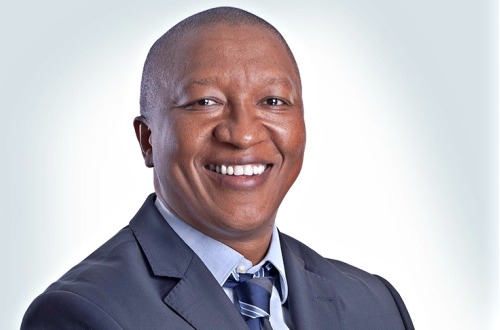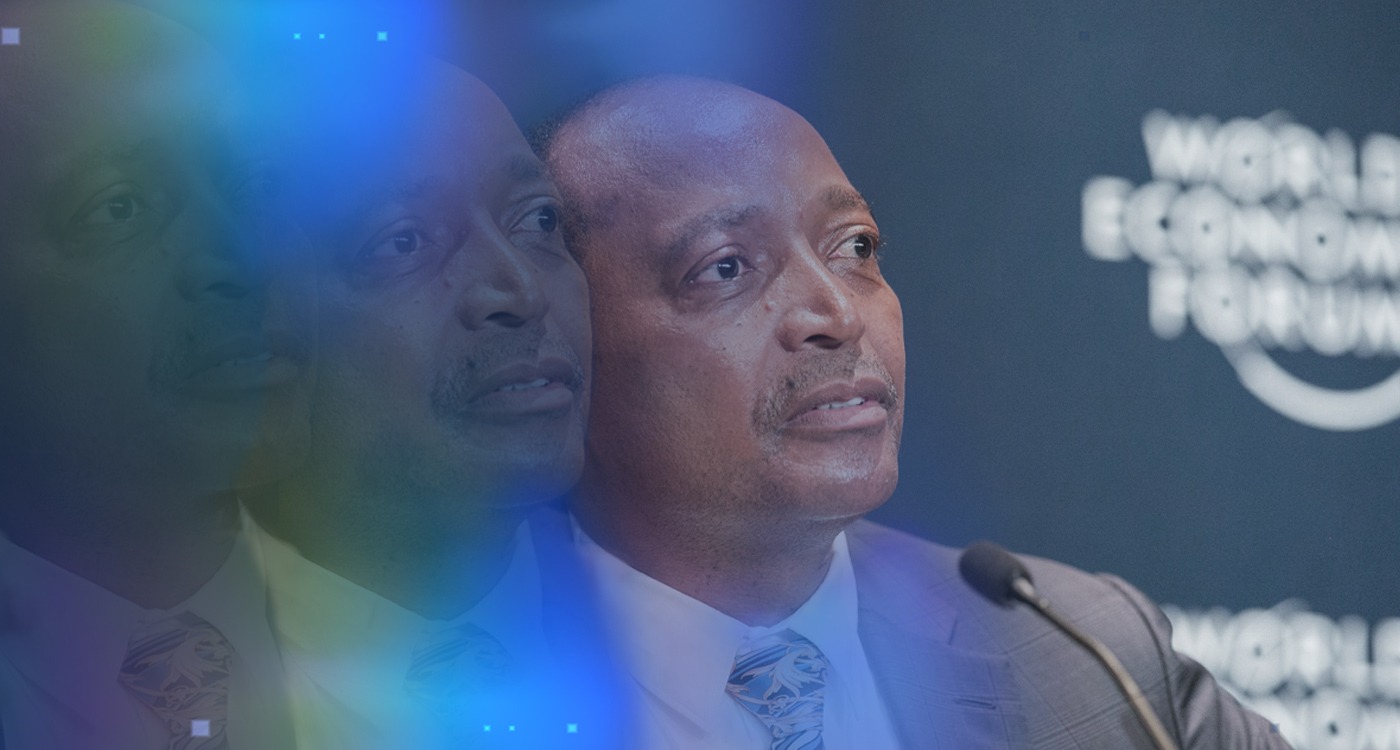The South African and Angolan governments’ decision to exempt each other’s ordinary passports from visa requirements has been welcomed by Wesgro.
As of 1 December 2017, citizens of Angola and South Africa travelling to each other’s countries will be able to enter for a period of 90 days per annum, provided that each visit does not exceed 30 days in total – this recent development is set to have a positive effect on business and leisure tourism, including opening doors for future trade and foreign direct investment.
Cape Town Air Access, a partnership between Wesgro, the Western Cape Government, the City of Cape Town, Airports Company South Africa, South African Tourism and Cape Town Tourism, helped secure direct flights from Luanda and Cape Town on TAAG Airlines. The airline currently flies to Cape Town three times a week on a Boeing 777-300. This service will be increased to daily this summer from 1 December 2017 until 15 January 2018.
With this visa-free exemption, Wesgro hopes to see this direct route grow even further, bringing many more tourists to our shores.
Angola is a key market for tourism in the province with bed nights from the market reaching 225,000 in 2016. Angolan tourists stayed an average of 19 days in the province in 2016 and the average spend by an Angolan tourist increased by R3,300 in 2016, with a total of R22,600 being spent per tourist.
Angola is also one of the largest trading partners of the Western Cape, with the Wesgro trade team having already prioritised Angola in terms of wine promotion, as well as helping more Western Cape companies export to the country. Together with WOSA, the trade team has embarked on several wine sales missions, partnering with Shoprite. The in-store promotions we facilitated were a great success and led to R405,000 worth of wine being sold.
The rest of Africa is front and centre of the Western Cape’s trade strategy. Wesgro, in particular, has assisted Western Cape companies to grow their exports to the rest of the continent. Over the last two years, these exports will generate R535m over five years, as well as create 839 jobs. Wesgro has also facilitated R737m in outward foreign direct investment into Africa. (via Bizcommunity)
Investment In Public Transport Yields Another 1000 Call Centre Jobs – City of Cape Town
The City of Cape Town’s investment in public transport has resulted in further job creation – 1000 call centre jobs, the city said on Sunday.
“The City of Cape Town’s strategic investment in key public transport corridors is yielding thousands of new jobs for our residents,” the city said in a statement.
The city had established the “country’s most successful bus rapid transit system”, otherwise known as the MyCiTi bus service. Since its roll-out in May 2010, the MyCiTi service had been providing residents and visitors across Cape Town with access to safe, reliable, and affordable public transport, enabling thousands of commuters to access job opportunities.
The MyCiTi service consisted of 40 routes, 42 stations, and 380 bus stop pairs, with 255 buses operating during the peak-hour periods, transporting an average of 65,995 passengers on a weekday.
“The creation of work opportunities is the single biggest benefit that the city can offer its residents. In my opinion it is very important for us to encourage young people to actively participate in the economy and to seize opportunities so that we can reduce poverty and unemployment,” mayor Patricia de Lille said.
“We are beginning to see the return on this investment with the expansion of a call centre on the Voortrekker Road corridor which will add 1000 jobs to our local economy. The new phase of the Capita Call Centre is located adjacent to one of our MyCiTi bus stops in Maitland, meaning those employed at the call centre can use our MyCiTi service to travel to and from work,” mayoral committee member for transport and urban development Brett Herron said.
The city was using public transport to achieve a more compact, efficient, and sustainable city. Cape Town’s major public transport corridors formed the backbone of what were called integration zones (IZs). The Voortrekker Road corridor was one of these IZs where the city was spending the bulk of its capital budget on projects and interventions to transform Cape Town’s spatial reality and to address the legacy of apartheid spatial planning.
“By prioritising dense, transit-oriented growth and development in these IZs, the city seeks to create more inclusive communities with access to improved services, job opportunities, and affordable housing and public transport. The opening of the second phase of the Capita Call Centre in Maitland is a shining example of what we are pursuing. The new phase adds 1000 new jobs to the existing 700 employees already based at the centre. The combined 1700 job opportunities are a realisation of our strategic investment in fibre and affordable public transport,” Herron said. (via African News Agency)
Bumpy Ride Ahead For South African Economy, Ratings Downgrades Loom
South Africa’s central bank kept interest rates unchanged this week despite pressure to lower them for the sake of the ailing economy, impeded by inflation risks from a weaker rand, possible looming credit rating downgrades and the policy implications of a ruling African National Congress party conference.
Disappointment over the failure to lower borrowing costs was however not enough of a deterrent for thousands of people who thronged malls on Friday, armed with credit cards, in South Africa’s version of the “Black Friday” annual shopping craze which originated in the United States but is now a global phenomenon.
The credit-driven buying spree belied the reality of an anaemic economy beset by unemployment of nearly 28 percent and business confidence at its lowest in decades amid corruption charges swirling around President Jacob Zuma’s government.
Keeping the benchmark repo rate at 6.75 percent on Thursday, South African Reserve Bank (Sarb) Governor Lesetja Kganyago said the upside risks to inflation had increased, partly due to higher international oil prices and a weaker rand.
“The volatility of the rand and with a sizable increase in the petrol price on the way, inflation and the relative level of interest rates in the global landscape still needs to be carefully evaluated,” said Luigi Marinus, Senior Investment Analyst at PPS Investments.
“The Sarb may continue to find it difficult to reduce interest rates.”
The inflation risks offset the argument for a rate cut to boost the economy, whose lacklustre performance has kept both consumer and business confidence at near record lows. Confidence was likely to be affected by developments around the ruling ANC party’s conference in December, Kganyago said.
South Africa’s economy, once the biggest in Africa but since overtaken by Nigeria, has waned since Zuma became president in 2009, with critics accusing him of using his political influence to pursue personal gain at the expense of sound management. Zuma denies being corrupt.
The National Treasury now expects growth of just 0.7 percent in 2017 from the 1.3 percent seen earlier, far below the seven percent level floated in the past as necessary to make a meaningful dent in the unemployment rate.
Ratings agencies have cut South Africa’s credit ratings in recent months, citing doubt over the government’s commitment to sound fiscal policy.
The agencies and investors worry that political jostling as the ruling African National Congress prepares to elect a successor to Zuma in December could further derail South Africa from a viable economic path.
The country dodged a credit rating downgrade on Thursday from Fitch, which kept both the local and foreign currency credit ratings unchanged at BB+, one notch below investment grade, with a stable outlook.
But it is not completely out of the woods yet, with Fitch’s peers S&P Global and Moody’s due to give their own reviews later on Friday.
S&P has already cut South Africa’s foreign debt to sub-investment grade, but Moody’s still rates the country above “junk” status for debt denominated in both foreign and local currency. (via African News Agency)
Tiger Brands HEPS Up 2 Percent, Sees No Recovery In Consumer Spending
South African food company Tiger Brands on Monday reported a two percent rise in headline earnings per share (HEPS), but warned that weak economic growth would keep consumer spending muted.
In its results for the year to September 30, 2017, Tiger Brands said HEPS rose to 21.55 rand while the total dividend amounted to 10.65 rand per share.
Earnings per share were driven by the domestic performance, but diluted by a disappointing performance from associates and Tiger Brands’ Deciduous Fruit business.
“The economic outlook for 2018 is muted, with no current signs of a recovery in consumer spending while growth levels are likely to remain low,” the group said.
“There is therefore little evidence of volume uplift in the year ahead.To this end, competition for market share is expected to intensify further.” (via African News Agency)



